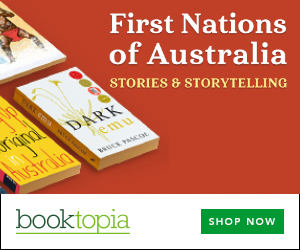Books
Meeting the Waylo
Summary
Meeting the Waylo explores the experiences of Aboriginal people who participated in Australian exploration enterprises in the early nineteenth century.
These Aboriginal travellers, often referred to as "guides", "native aides", or "intermediaries" have already been cast in a variety of ways by historians: earlier historiographies represented them as passive side-players in European heroic efforts of discovery, while scholarship in the 1980s, led by Henry Reynolds, re-cast these individuals as "black pioneers".
Historians now acknowledge that Aboriginal people "provided information about the customs and languages of contiguous tribes, and acted as diplomats and couriers arranging in advance for the safe passage of European parties".
More recently, Aboriginal scholars Keith Vincent Smith and Lynnette Russell describe such Aboriginal travellers as being entrepreneurial "agents of their own destiny".
While historiography has made up some ground in this area, Aboriginal motivations in exploring parties are often obscured or ignored under the title "guide" or "intermediary". Despite the different ways in which they have been cast, the mobility of these travellers, their motivations for travel and experience of it have not been thoroughly analysed.
Some recent studies have begun to open up this narrative, revealing instead the ways in which colonisation enabled and encouraged entrepreneurial mobility, bringing about "new patterns of mobility for colonised peoples".
About the Author
Tiffany Shellam grew up in Perth, Western Australia. She moved to Melbourne to undertake an Arts degree before moving to Canberra to do a PhD in history at the Australian National University.
Tiffany is currently lecturing in Indigenous History at Deakin University in Melbourne and has recently been awarded an Australian Academy of the Humanities Travelling Fellowship.
Get a copy now from your favourite trusted store
Disclosure: I get commissions for purchases made through the below links.

